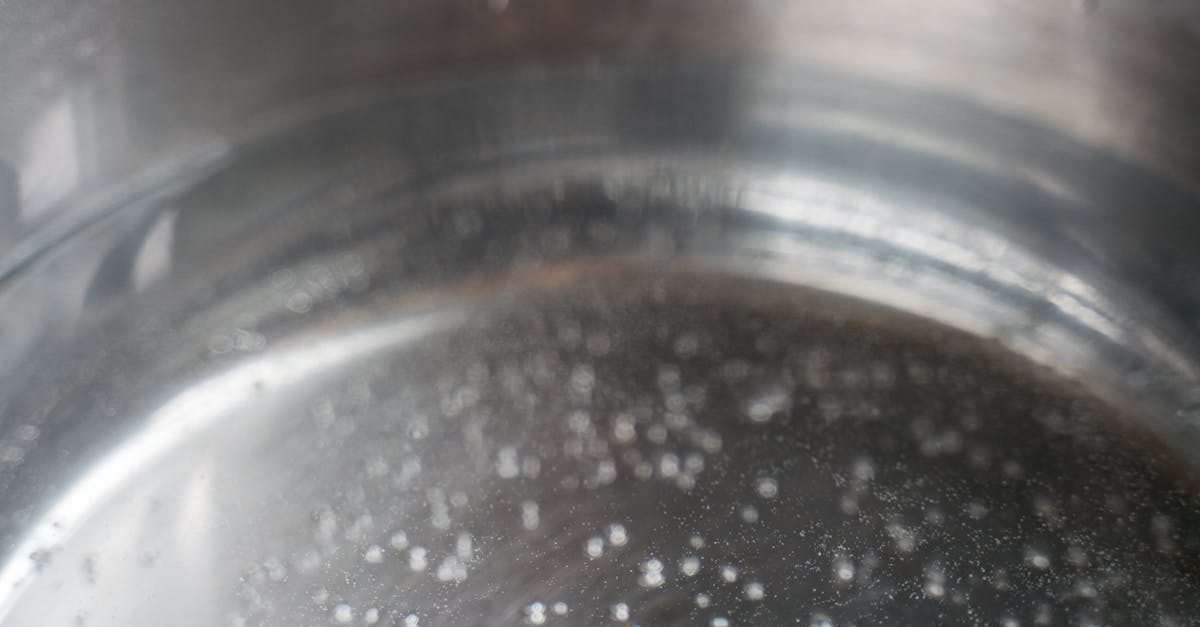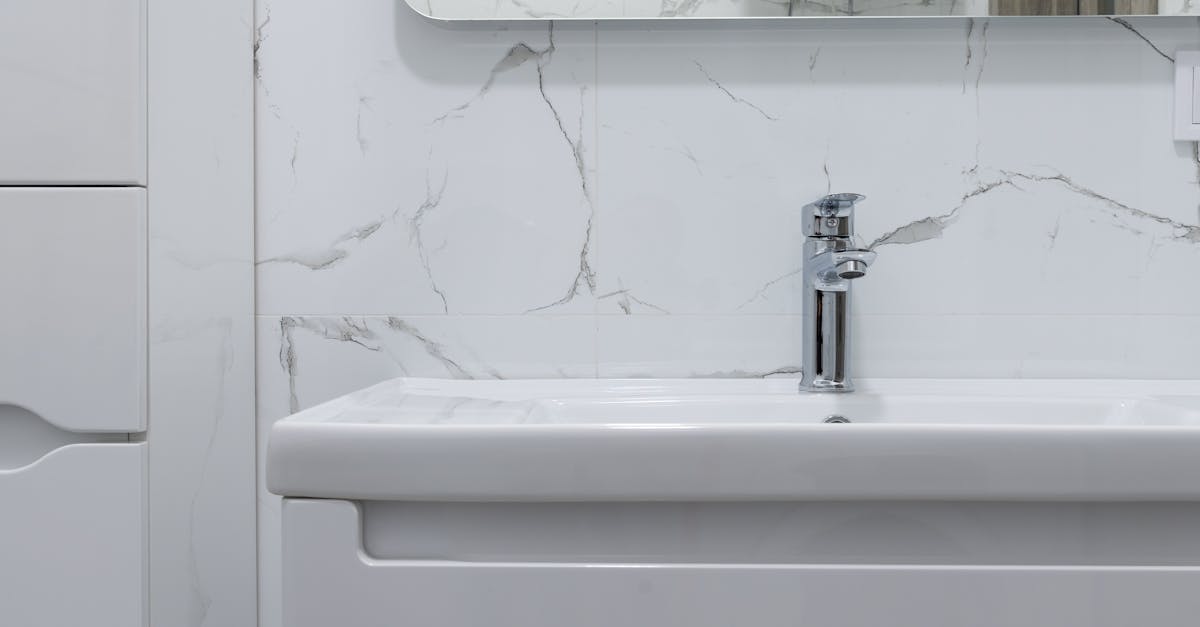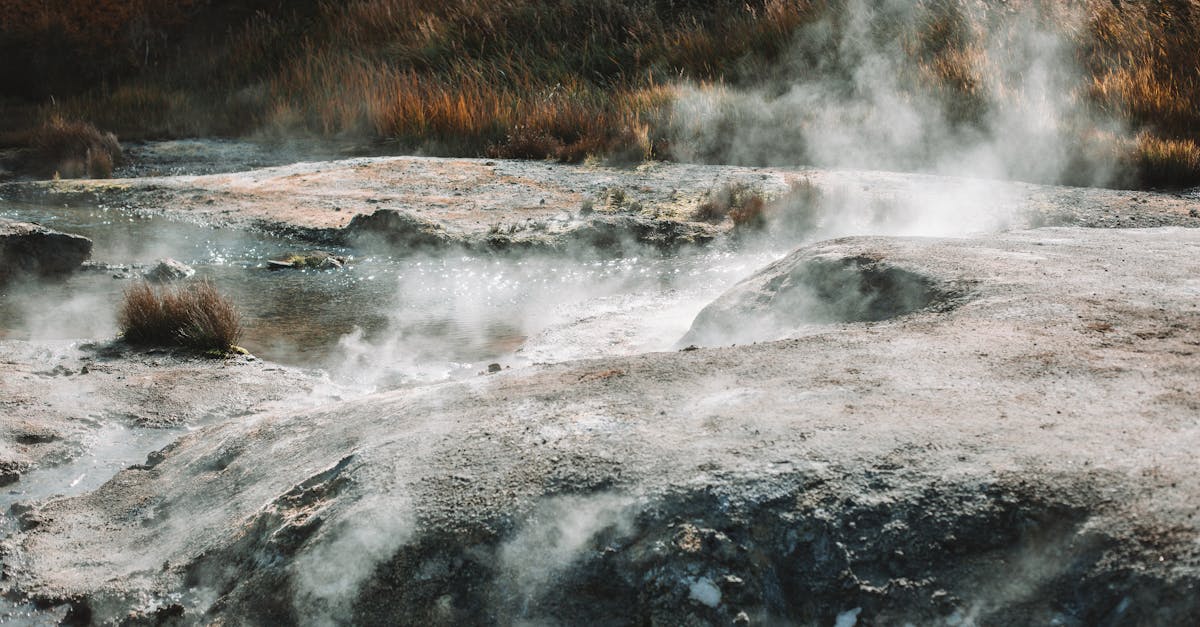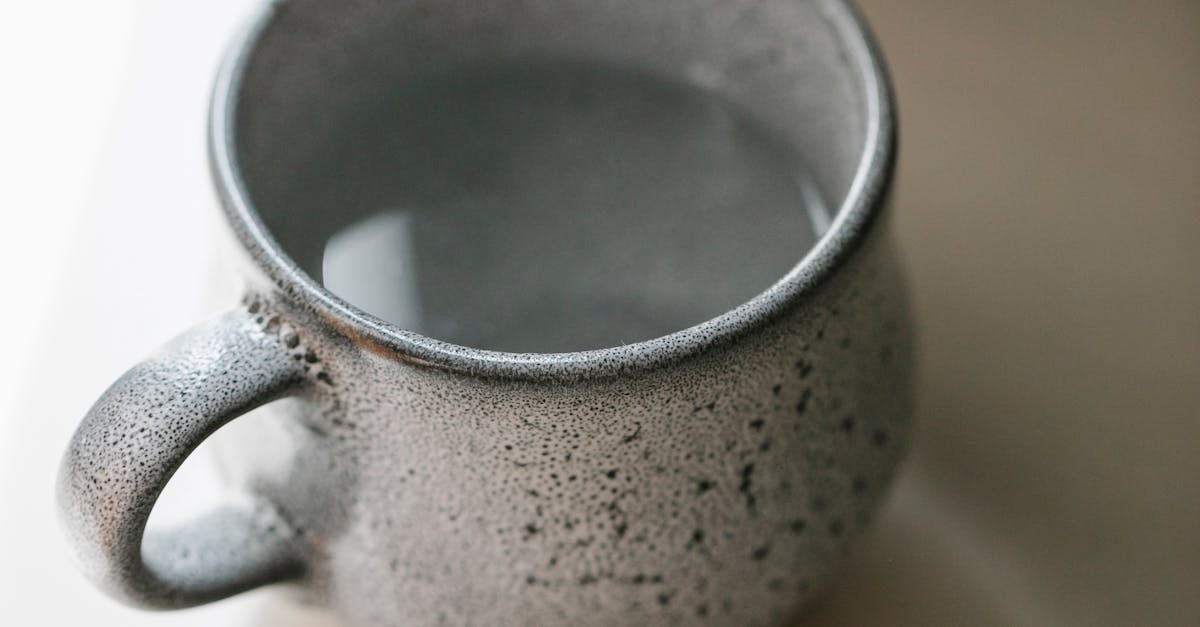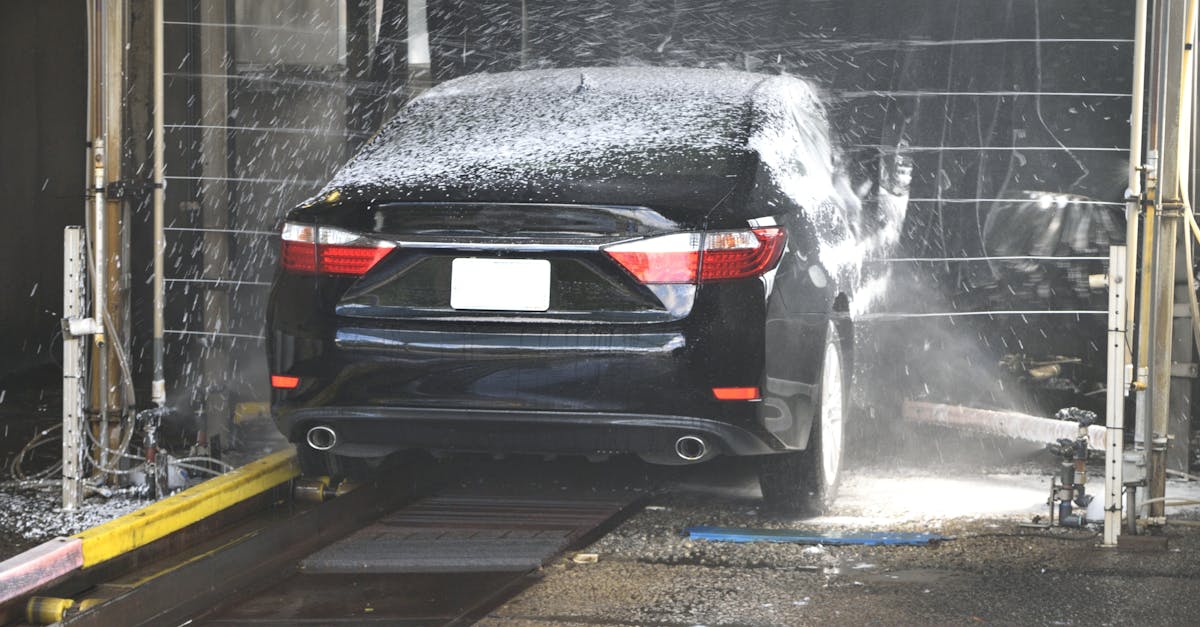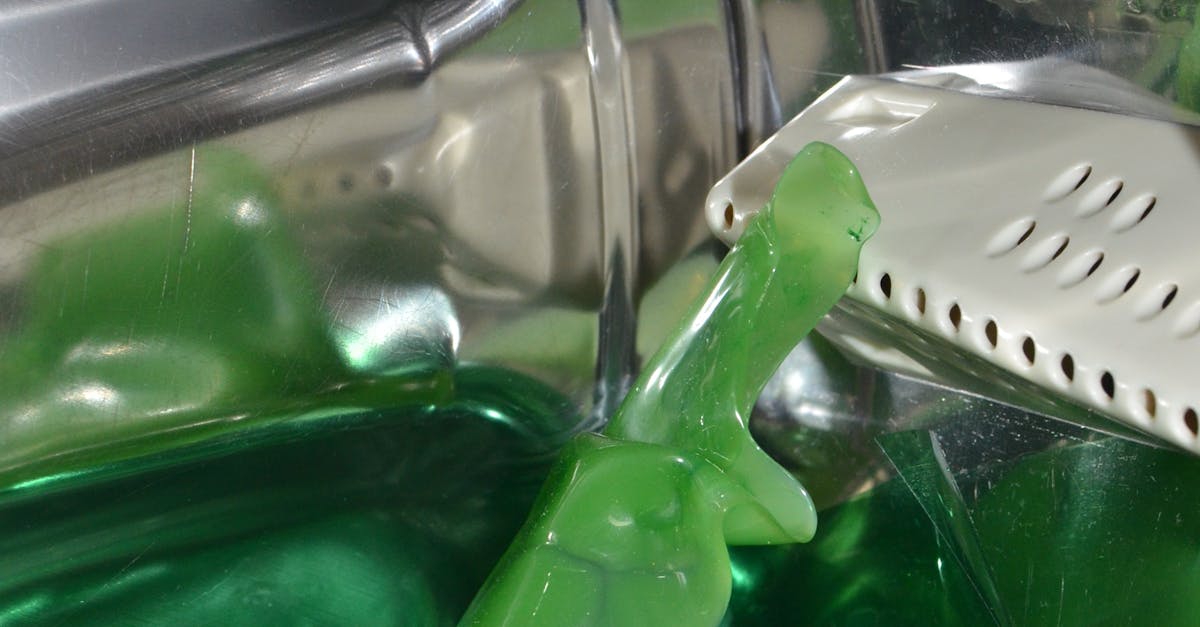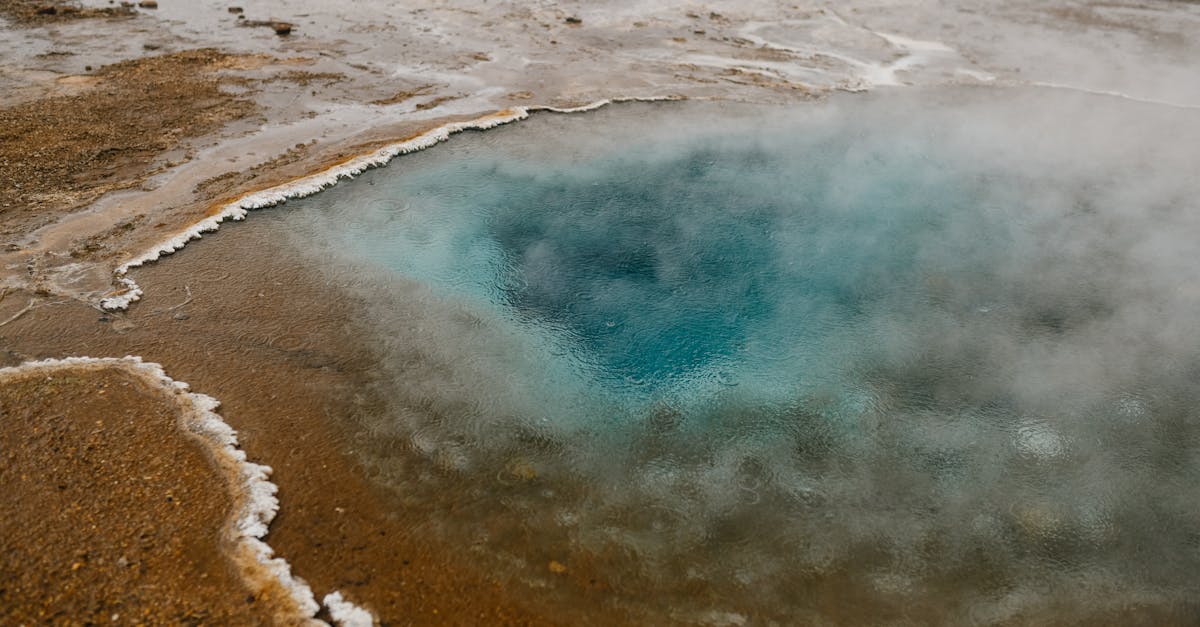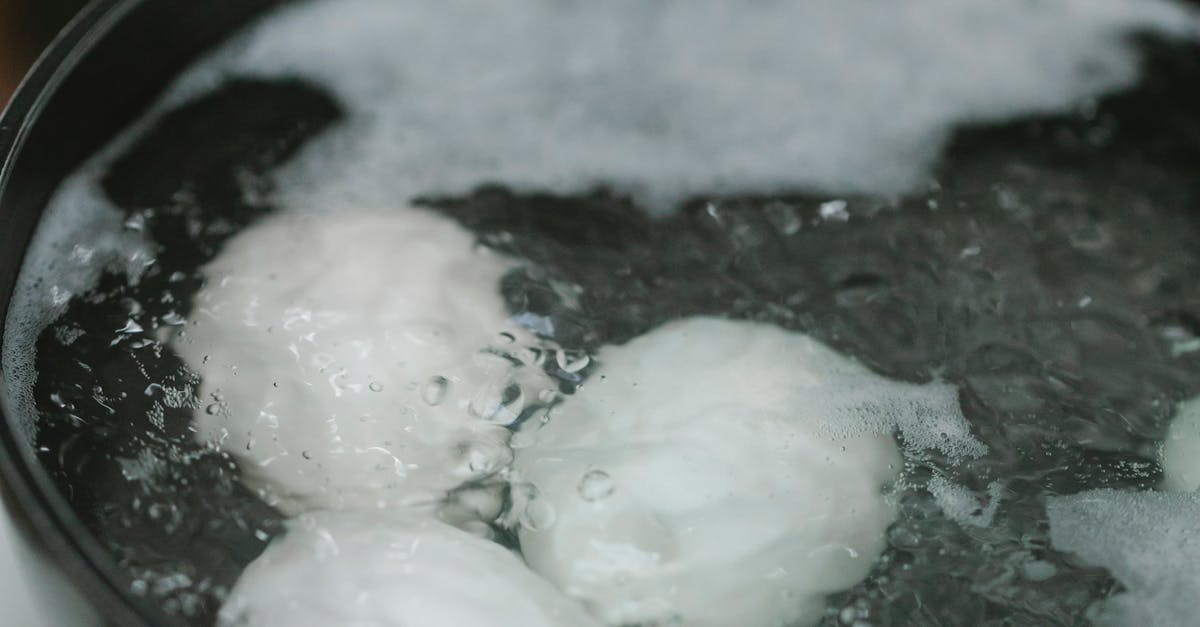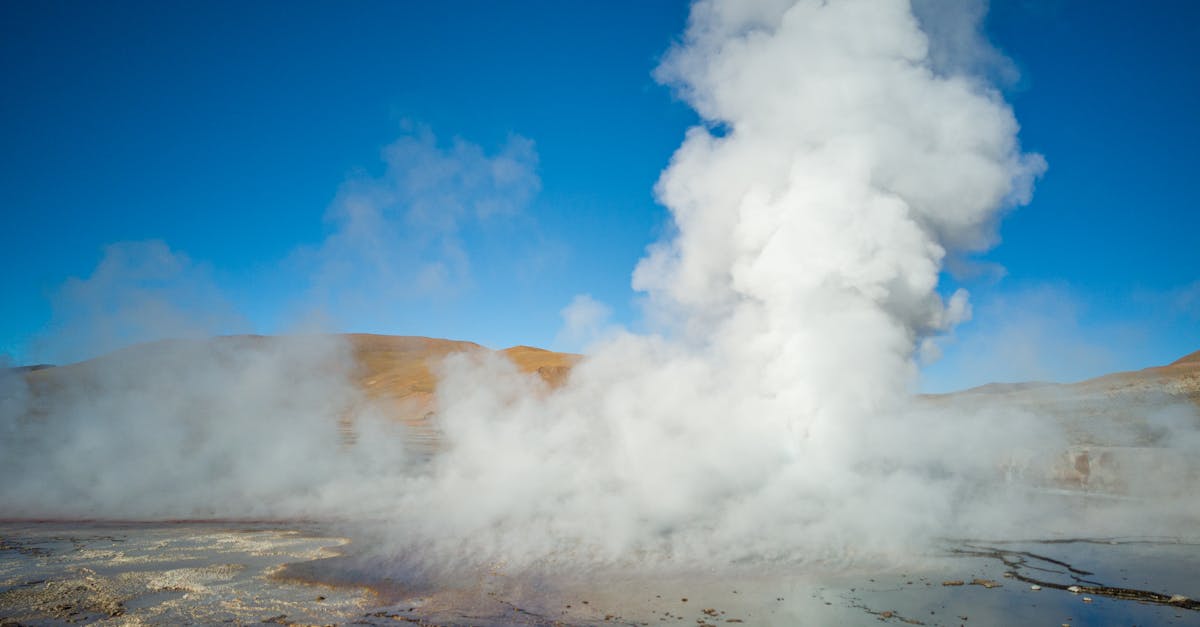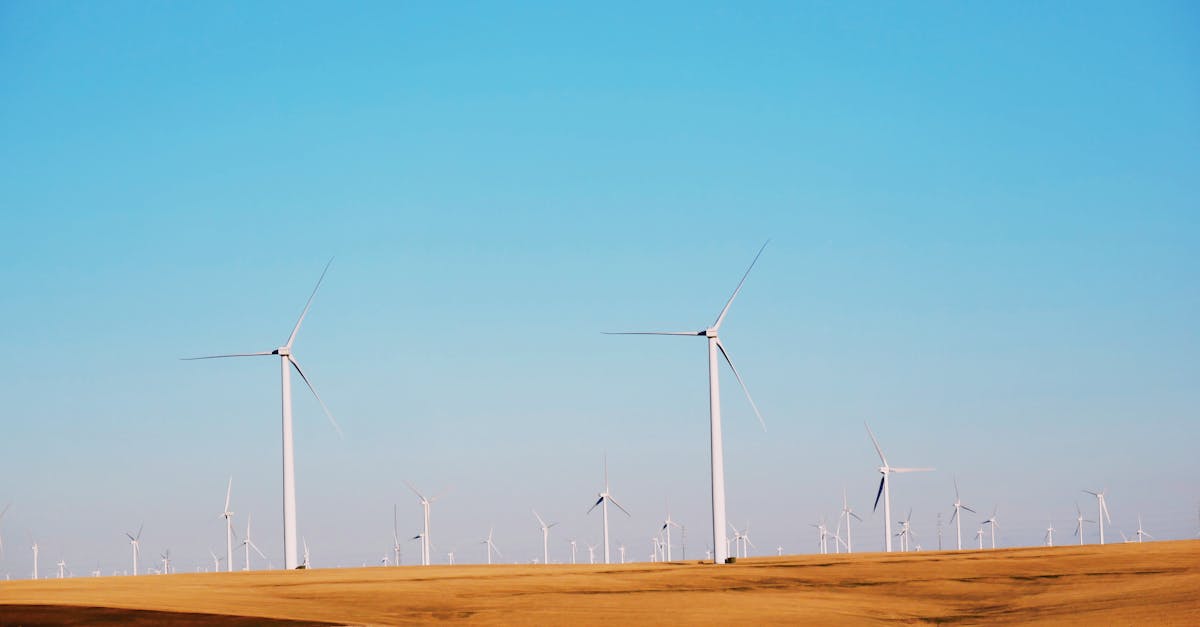
Table Of Contents
Assessing Your Skill Level
Before diving into water heater maintenance, it is essential to evaluate your skill level. Consider any previous experience with plumbing or home repairs. Understanding the basic functionality of a hot water system will help determine if you can handle tasks like flushing the tank or replacing the anode rod. If you feel comfortable following detailed instructions and have the necessary tools at hand, you may be prepared for some aspects of hot water system cleaning.
However, not every maintenance task is suitable for a DIY approach. More complex issues could arise, requiring specialized knowledge or tools. If you encounter problems beyond simple cleaning, such as leaks or inconsistent heating, it may be wise to consult a professional. Recognizing your limitations ensures you maintain both safety and efficiency when attending to your hot water system.
When to Call a Professional
Homeowners should consider calling a professional when they encounter issues that extend beyond basic maintenance. Problems like leaks, irregular water temperatures, or strange noises may indicate underlying damage that requires expert attention. Relying on a qualified technician ensures that the hot water system is assessed thoroughly, preventing potential hazards and further complications.
Additionally, certain tasks such as hot water system cleaning may be more effective when handled by a specialist. Professionals possess the necessary tools and experience to conduct a comprehensive cleaning that not only improves performance but also enhances the system's longevity. Delegating these responsibilities can save time and provide peace of mind knowing that the job is completed to industry standards.
Troubleshooting Common Issues
When troubleshooting common issues with your water heater, it's essential to start by identifying symptoms that indicate a problem. If you're experiencing inconsistent water temperatures or no hot water at all, the first step is to check the thermostat settings. A temperature that is set too low can lead to inadequate heating. Additionally, inspect for any visible leaks around the tank or pipes. These signs might suggest a more serious issue that requires attention. Regular Hot Water System Cleaning can help prevent sediment buildup, which often contributes to reduced efficiency and performance.
Addressing issues promptly can save you both time and money in the long run. If you notice strange noises like popping or rumbling coming from the tank, this could indicate sediment accumulation, and it would be wise to perform a flush. Ensure that the power supply to the heater is functioning properly, as this can affect its overall efficiency. In cases where simple troubleshooting doesn’t resolve the issue, seeking professional assistance might be necessary to ensure your system is functioning optimally. Regular maintenance, including Hot Water System Cleaning, can significantly extend the lifespan of your unit.
Identifying Warning Signs
Understanding the warning signs of a malfunctioning water heater is essential for maintenance. Look for fluctuations in water temperature. A sudden decrease in hot water availability might indicate sediment buildup or another issue requiring attention. Unusual noises like popping or rumbling sounds could suggest sediment at the bottom of the tank. These sounds often signify that the heating element is working harder than it should due to the buildup.
Leaking water around the base of the heater is another critical warning sign. This leak can lead to significant water damage in your home if not addressed. Regular Hot Water System Cleaning can help prevent many of these issues by clearing out sediment and ensuring optimal efficiency. Pay attention to any abnormal odors as well; a sulfur-like smell might indicate bacteria growth or corrosion within the tank.
Proper Drainage Techniques
Proper drainage is essential for maintaining the efficiency and longevity of your water heater. Before starting, ensure you have the right tools at hand, such as a garden hose and a bucket. Begin by turning off the power supply to the heater and shutting off the cold water supply. Attach the garden hose to the drainage valve, making sure it leads to a suitable area for water disposal. This prevents any unwanted mess during the process.
During hot water system cleaning, it’s crucial to allow the tank to fully drain to remove any sediment buildup. Open a nearby hot water faucet to facilitate draining. Once the tank has emptied, flush it with fresh water to dislodge remaining debris. Repeat this process a couple of times if necessary, then close the drainage valve, remove the hose, and restore the water and power supply. Regular drainage not only improves efficiency but also helps in preventing potential issues down the line.
Steps for Effective Drainage
To ensure effective drainage of your water heater, start by turning off the power supply and closing the cold water supply valve. Connect a garden hose to the drain valve located at the bottom of the tank. Place the other end of the hose in a suitable drainage area, preferably outside or in a floor drain, to prevent any water spillage inside the home. It is important to open the drain valve slowly to allow sediment and minerals to escape with the water, which helps maintain the efficiency of your system.
Regular Hot Water System Cleaning is vital for prolonging the life of the heater. After draining, flush the tank with cold water by briefly opening the cold water supply valve. This process can help dislodge any remaining debris. Once the tank is clean, close the drain valve and remove the hose. Finally, restore the power supply and open the cold water valve to refill the tank, making sure to vent any trapped air before heating resumes.
FAQS
Can I perform all water heater maintenance tasks myself?
While some maintenance tasks can be done by homeowners, such as flushing the tank and checking the pressure relief valve, it’s important to assess your skill level and comfort with plumbing. More complex issues or repairs should be handled by a professional.
How do I know if my water heater needs professional help?
Signs that you should call a professional include unusual noises, leaks, inconsistent water temperatures, or if you notice rust or corrosion. If you’re unsure, it’s better to consult a professional to avoid further damage.
What are some common warning signs that indicate water heater problems?
Common warning signs include water discoloration, strange smells, leaking around the base of the heater, and insufficient hot water supply. If you observe any of these, it may be time to troubleshoot or call for assistance.
What are the steps for properly draining a water heater?
To effectively drain a water heater, turn off the power supply, close the cold water supply valve, attach a hose to the drain valve, and open the drain valve to allow water to flow out. Be sure to follow safety precautions and consult your manual for specific instructions.
Is regular maintenance necessary for my water heater?
Yes, regular maintenance is essential for ensuring the efficiency and longevity of your water heater. Flushing the tank annually, checking the anode rod, and inspecting for leaks can help prevent costly repairs and extend the lifespan of the unit.

